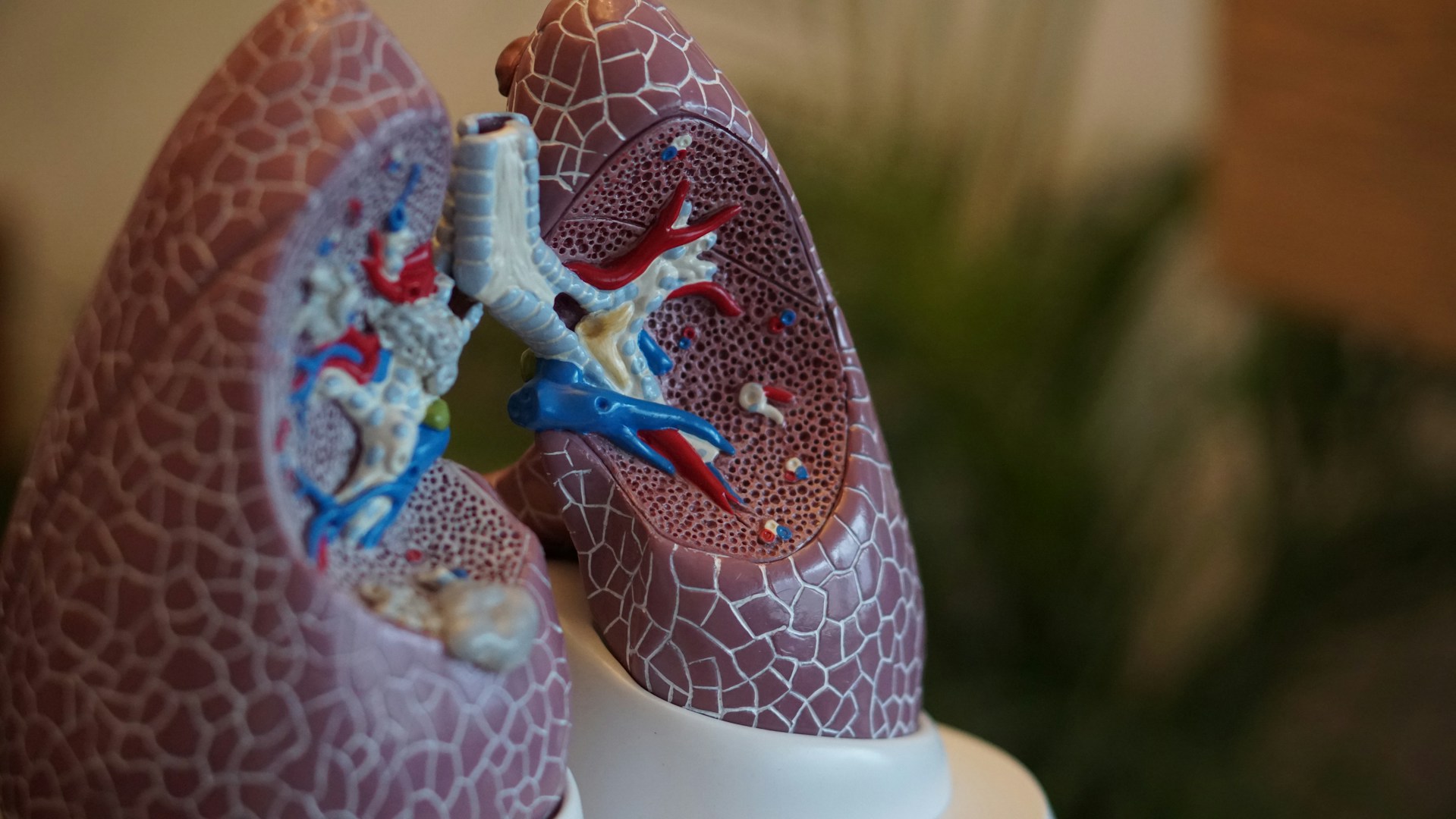Moving Lives, Shaping Futures | The Arthritis Movement>About Arthritis>Arthritis Insights>Postive Health Habits>The Impact Of Smoking On Arthritis
Updated August 2024
When people think about the dangers of smoking, they usually consider its impact on the lungs, heart, and overall life expectancy.
However, what might not be as widely recognised is the connection between smoking and the development or worsening of arthritis. If you’re a smoker, understanding how this habit can affect your joints might provide yet another reason to quit.

The links between smoking and diseases like cancer, heart disease and stroke are well known. But, smoking is also a risk factor for some musculoskeletal conditions and can also increase the pain from these conditions.
There’s now a large amount of research to show that smoking can contribute to the development of rheumatoid arthritis (RA). For those with RA that do smoke, it can also worsen symptoms and make medications less effective.
The link between smoking and arthritis is not just limited to RA. It can cause more damage or pain, and less effective treatment for conditions like back pain, osteoarthritis, and ankylosing spondylitis.
Smoking is also a risk factor for complications during or after surgery. The complications can include slower wound healing, risk of infection, drug interactions.
One of the most significant connections between smoking and arthritis involves rheumatoid arthritis (RA), an autoimmune disease in which the body’s immune system attacks its own tissues, causing inflammation in the joints.
Studies have shown that smoking is a major risk factor for developing RA, particularly in people who have a genetic predisposition to the disease.
Smoking contributes to chronic inflammation throughout the body, which is a key factor in the development and progression of various forms of arthritis, not just RA.
Smoking is known to have a detrimental effect on bone health, which is particularly concerning for people with arthritis.
While the connection between smoking and RA is well-documented, smoking also plays a role in osteoarthritis (OA), the most common form of non-inflammatory arthritis.
Smoking can also make treating arthritis more challenging.
Smoking poses a significant risk to joint health and can increase the likelihood of developing arthritis, particularly RA. For those who already have arthritis, smoking can worsen symptoms, accelerate joint damage, and make treatment more challenging.
Quitting smoking is one of the most important steps you can take to protect your joints and overall health. If you’re struggling to quit, seek support from healthcare professionals who can provide guidance and resources to help you succeed.
Remember, it’s never too late to make a positive change for your health and wellbeing.
As well as the overall health benefits, stopping smoking can help to reduce your risk of RA or help to reduce pain or improve the chances of your medication working (AMA).
If you smoke, talk to your doctor about quitting or call Quitline on 13 7848
Call Quitline 13 7848 or visit www.quit.org.au/ to information, advice and tips.
References
Arthritis Queensland and Arthritis New South Wales are Members of The Arthritis Movement. Please note that there will be a transition period while our financial and administrative structures are finalised. During this time, we ask that you still donate and make other payments to Arthritis Queensland or Arthritis NSW depending on which state you reside in, which will continue to issue receipts.